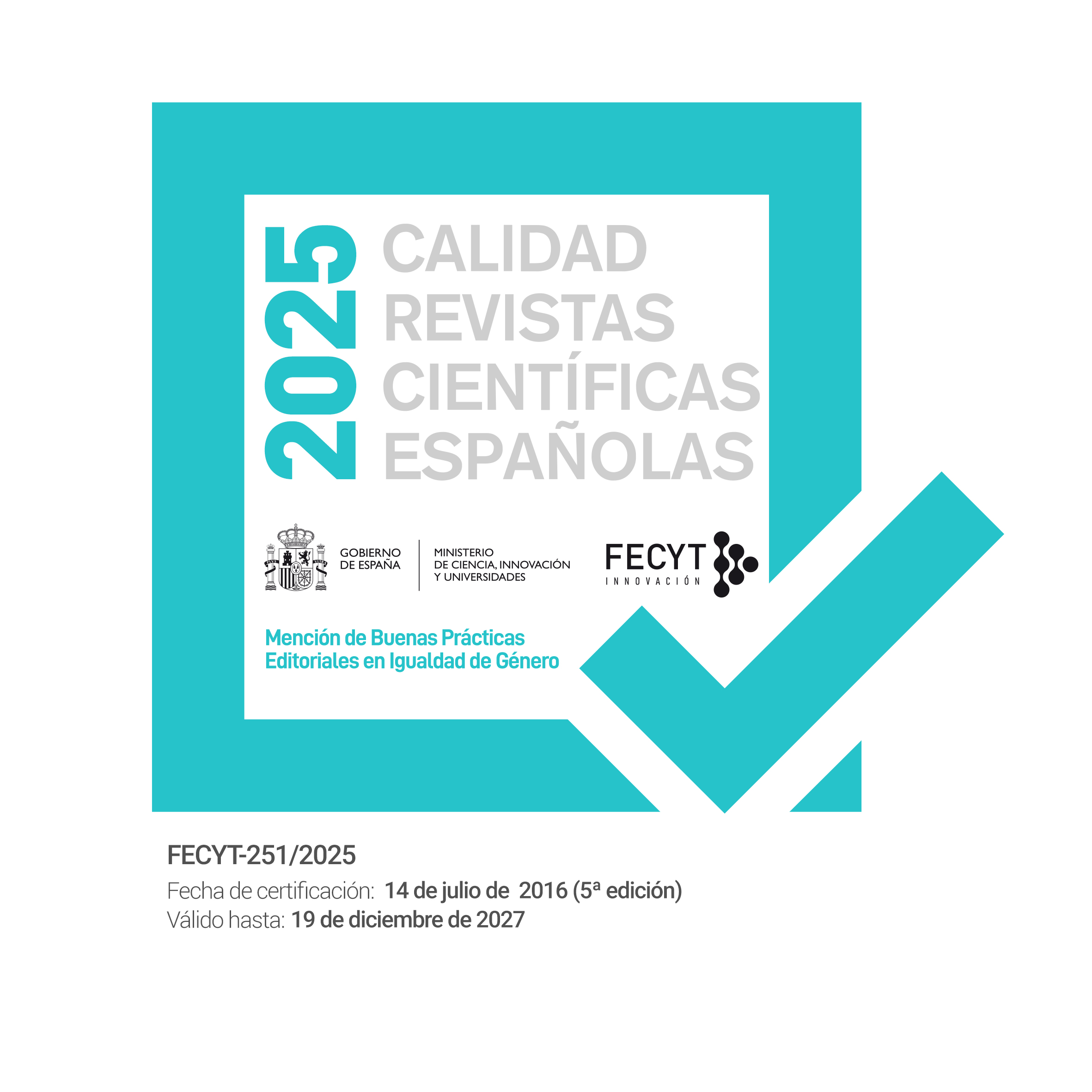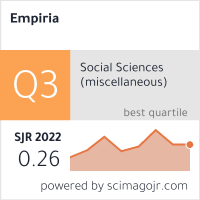Qualitative social research and ethical dilemmas: from empty ethics to situated ethics.
DOI:
https://doi.org/10.5944/empiria.34.2016.16524Keywords:
qualitative social research, responsibility, reflexivity, empty ethics, ethics locatedAbstract
During the second half of the twentieth century a debate grew up around the ethical responsibilities arising out of research practices. The debate, initiated in the field of biomedical research in the aftermath of the Second World War, was clearly intended to regulate research on humans. In the late 1970s and the 1980s, the debate spread to the sphere of social science. The institutionalisation of this debate –and its general framework of reference– have been reflected in a proliferation of ethics committees of different sorts and in the promotion of a range of mechanisms to regulate conduct and practice in the field (essentially ethical guides). The purpose is to avoid harming the people participating in the research and to safeguard their wellbeing, autonomy and dignity. To achieve this goal, three fundamental principles are absolutely essential: informed consent, confidentiality of information and respect for participant anonymity. The aim of this paper is to review the scope of these principles from the perspective of qualitative social research. By its very definition, such research comes up against ethical dilemmas that cannot be resolved using a generic ethical code based on standard procedures. The ethical dilemmas of qualitative process-centred research can only be resolved using situated ethics, which force researchers to reflect at all times on the ethical responsibility of their work and make decisions tailored to each specific research case vis-à-vis the reach of the ethical principles of consent, confidentiality and anonymity.
Downloads
Downloads
Published
How to Cite
Issue
Section
License
Los autores que publican en esta revista están de acuerdo con los siguientes términos:a) Los autores conservan los derechos de autor y garantizan a la revista el derecho de ser la primera publicación del trabajo al igual que licenciado bajo una Licencia Internacional Creative Commons CC BY-NC-SA 4.0.
b) Se permite y se anima a los autores a difundir electrónicamente las versiones pre-print (versión antes de ser evaluada) y/o post-print (versión evaluada y aceptada para su publicación) de sus obras antes de su publicación, ya que favorece su circulación y difusión más temprana y con ello un posible aumento en su citación y alcance entre la comunidad académica.












